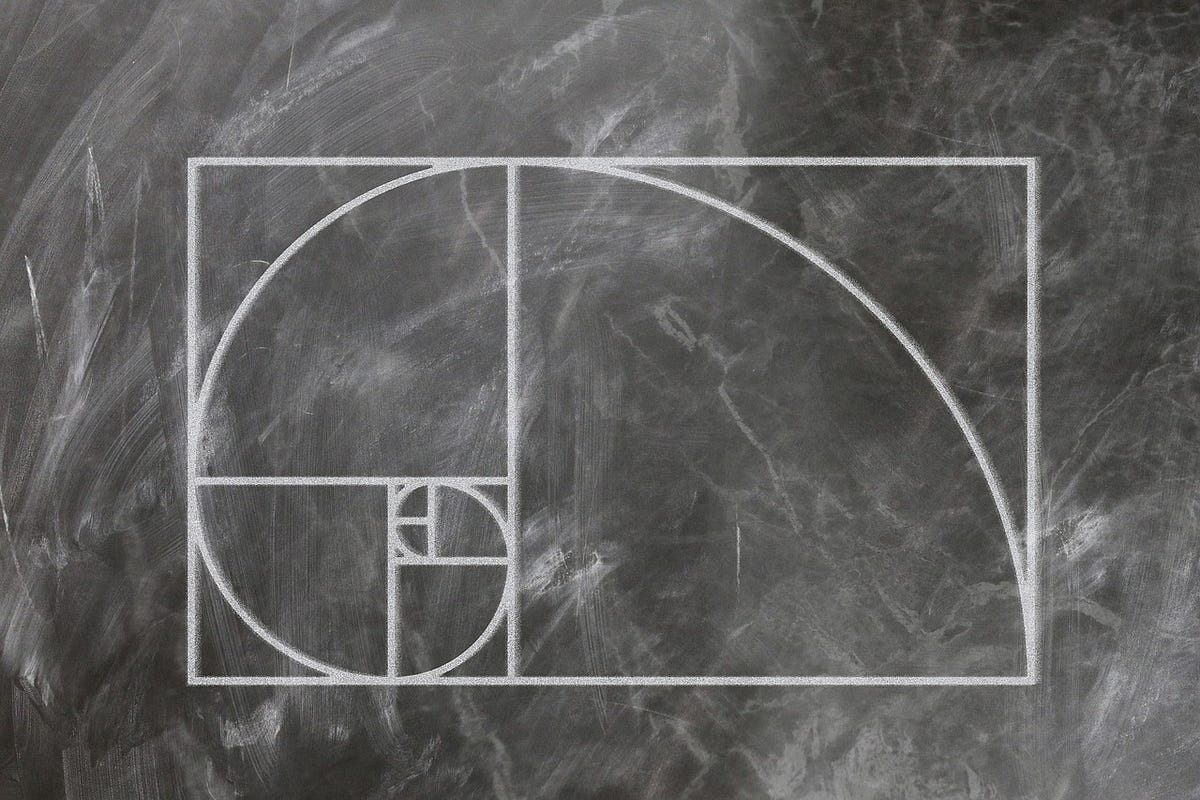If you ever encountered yourself doing some practice on recursion, I’m quite sure you faced the Fibonacci sequence algorithm. If you are not familiar with this problem, take a look at what Wikipedia has to say about it:
In mathematics, the Fibonacci numbers, commonly denoted Fn, form a sequence called the Fibonacci sequence, such that each number is the sum of the two preceding ones.
So, if we start with 0 and 1, this is how the first N Fibonacci numbers look like:
0, 1, 1, 2, 3, 5, 8, 13, 21, 34, ...
As you can see, each number (apart from the first two) is derived from the sum of the previous 2. For example, 13 is the result of adding 8 and 5.
In this article, we will develop a solution in Javascript using recursion, and we will improve its performance using closures.
First solution
Let’s try to code a function that will receive a number n, and will retrieve the Fibonacci number at the n position. We will use the recursive approach:
function fibonacci(n) {
if (n <= 0) {
return 0;
} else if (n <= 2) {
return 1;
}
return fibonacci(n - 1) + fibonacci(n - 2);
}
(Note that some theories omit the first 0 from the Fibonacci sequence, in which case all you have to do is to omit the first if statement and change the second one to be n < 2 )
#memoization #fibonacci #javascript #recursion #closure
